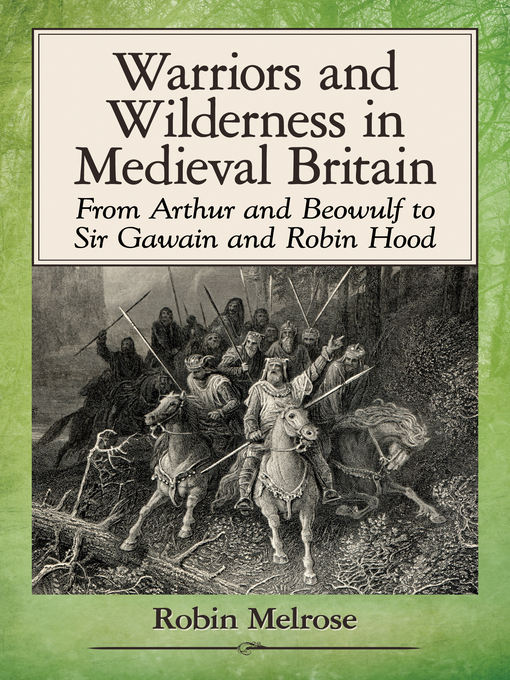Tracing the development of the King Arthur story in the late Middle Ages, this book explores Arthur's depiction as a wilderness figure, the descendant of the northern Romano-British hunter/warrior god. The earliest Arthur was a warrior but in the 11th century Welsh tale Culhwch and Olwen, he is less a warrior and more a leader of a band of rogue heroes.
The story of Arthur was popularized by Geoffrey of Monmouth, in his Latin History of the Kings of Britain, and was translated into Middle English in Layamon's Brut and the later alliterative Alliterative Morte Arthure. Both owed much to the epic poem "Beowulf," which draws on the Anglo-Saxon fascination with the wilderness. The most famous Arthurian tale is Sir Gawain and the Green Knight, in which the wilderness and themes from Beowulf play a leading role. Three Arthurian tales set in Inglewood Forest place Arthur and Gawain in a wilderness setting, and link Arthur to medieval Robin Hood tales.

